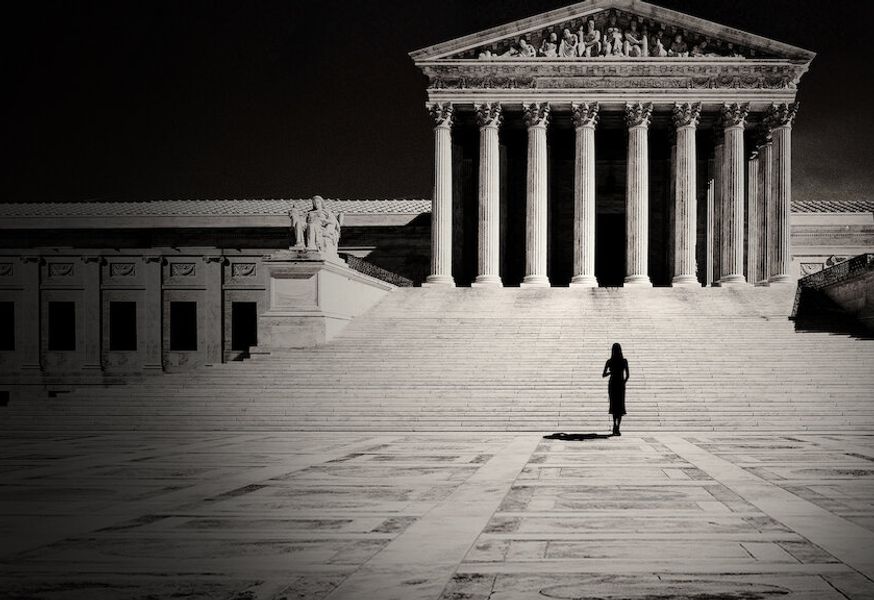He may have left his post as President of the United States over a year ago but the damaging political influence of Donald Trump can still be felt across the country.
Leaving the White House in a storm of fire and fury, Trump convinced thousands of people to attack and invade the Capitol Building in Washington, D.C, on January 6th, 2021, seeking to disrupt the political order with the delusional hope to gain his presidency back from certain death. With five people dying before, during or following the event, along with countless injuries to protestors and police officers, the Trump era crumbled to a deplorable close.
With bigoted views, empty patriotic values and arrogant confidence, the 45th President of the United States fostered a venomous American ideology that has since pervaded each corner of the country like an orange-blotched virus. Serving to only further himself in his pursuit of political supremacy, the President adopted the views and values of his Republican followers, lacking any true moral conviction of his own.
This has left an indelible stain on contemporary American politics, with the most recent effect of his presidency materialising in the supreme court’s shocking decision to abolish the constitutional right to an abortion. Overturning the 1973 Roe v Wade ruling that gave women the right to choose, it was the result of Trump’s three self-appointed conservative judges, along with republican and religious lobbying that has seen the result go through.
Sadly, this recent controversy has been several years in the making, with documentarians Ricki Stern and Anne Sundberg creating the feature-length exploration into abortion and women’s rights in the 2018 Netflix documentary, Reversing Roe.
Interviewing politicians, activists and experts about the state of abortion politics in the US during the presidency of Donald Trump, Stern and Sundberg’s movie provides a comprehensive insight into the history of the Roe v. Wade decision made in 1973 which outlined that the US constitution protects a pregnant woman’s autonomy to choose to have an abortion. Well contextualising the issue in contemporary society within the details of the original ruling, the filmmakers provide an essential breakdown of the case that explains the importance of its protection.
As well as a breakdown of the historic ruling, Stern and Sundberg do well to objectively explain the sheer significance of its survival, supporting the right for women to have total control over their bodies and life decisions. What’s more, without the maintenance of such a ruling, the film also points toward the restrictions of hard-fought rights that have been long-established for women across the country.
With the knowledge that the Roe v. Wade decision has recently been overturned, the film’s finale, which casts a hopeful yet ominous view on the future of the decision, is truly haunting, showing a prophetic vision of a foreseeable inevitability following Trump’s own appointment of conservative Supreme Court judges. Looking back, the film is certainly a stark warning for the present reality, remaining an urgently relevant study in spite of the recent decision that merely confirms the musings of Reversing Roe’s conclusion.
As much an essential film about women’s rights as it is a rallying cry to see more equal gender representation in US politics, there is no film more crucial to watch this week than Stern and Sundberg’s study.
